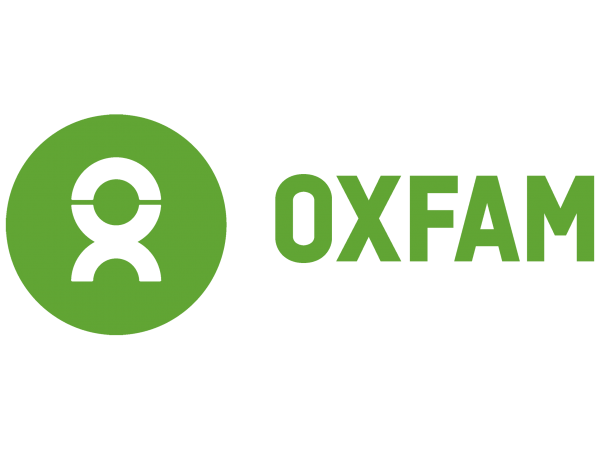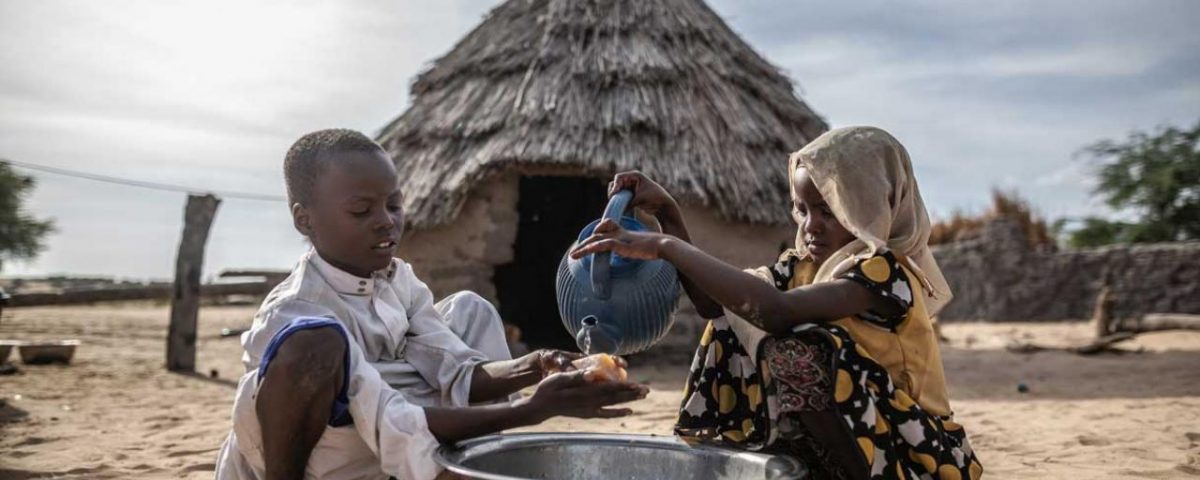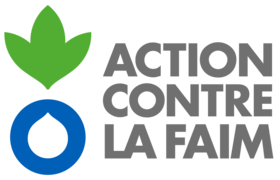Participatory Scenario Planning (PSP): An Approach to Translate Seasonal Climate Predictions into Information Adapted to the Local Context
Oxfam in Chad is implementing workshops to build the planning capabilities of farmers and pastoralists through the sharing and interpretation of scientific, weather, and traditional forecasts.


Overview of the project
The Sahelian context in general, and Chad’s in particular, is constantly changing, hence the importance of information, planning, and action to strengthen the resilience of communities to the effects of climate change.
Knowledge of seasonal forecasts, climate uncertainties and risks enables the identification of response strategies to cope with climate change effects. Within this framework, the project “Employment, Resilience and Social Cohesion in the Sahelian strip and Lake Chad area” has organised more than 30 PSP workshops in the three project regions from 2017 to date. The workshops are held with communities, local authorities, and weather services in order to facilitate access to climate information (seasonal forecasts) for the most vulnerable communities.
The workshops’ objective is to strengthen farmers’ and herders’ capabilities by sharing and analysing seasonal forecasts for planning and implementing adaptation activities. Specifically they aim to:
- Make seasonal forecasts accessible to grassroots communities;
- Improve partners’ knowledge of present and future climate risks and opportunities;
- Strengthen operational decision-making in the conduct of activities to support community resilience;
- Strengthen interaction between farmers, community livestock breeders, and specialised meteorological services;
- Share practical advice on how to optimise agro-sylvo-pastoral production in the face of climatic constraints;
- Plan the sharing of seasonal forecasts at the local level (towns and communities); and
- Reflect on a local, sustainable mechanism for transmitting scientific information to producers.
During these workshops, communities share their knowledge of forecasts through local observations and indicators, thus highlighting traditional knowledge in this participatory scenario planning process. Practical advice for farmers and herders emerges through each scenario analysis, which is then disseminated by the communities themselves via various media (especially community radio stations participating in the learning process) for the management of climate change related risks.
Conduct community-based adaptation planning with farmers and herders through the sharing and interpretation of scientific, meteorological and traditional seasonal forecasts.
Ongoing research
More than 30 PSP community workshops have been held, mobilising 1,200 farmers and herders.
Improving knowledge of climate information, creating space for learning, and building resilience through informed decision-making in the face of climate uncertainties and risks in rural areas.
This project is funded by the European Union.
organisation
Oxfam is an international confederation of 19 organisations working together with partners and local communities in more than 90 countries.
Our vision is of a just and poverty-free world in which all men and women are considered and treated as equals, can fully exercise their rights, and influence decisions that affect their lives. We aim to contribute to the development of lasting solutions to the injustice of poverty. We combine rights-based sustainable development programmes, awareness-raising and mobilisation campaigns, advocacy, and humanitarian assistance in the event of natural disasters and armed conflicts. We address the structural causes of the injustice of poverty and work with partners and allies at local and global levels.
For more than 10 years, Oxfam has been engaged in the issue of climate change, particularly its human face and impacts, and relies on a network of nearly 140 experts and practitioners within the organisation. To this end, we:
- Support marginalised people to influence power and defend their rights;
- Hold governments, businesses and financial institutions accountable;
- Make governance systems more inclusive and participatory;
- Advocate for financing that supports adaptation and mitigation measures;
- Develop consideration and action through research and engagement; and
- Work in partnership to mobilise citizen engagement.
in collaboration




